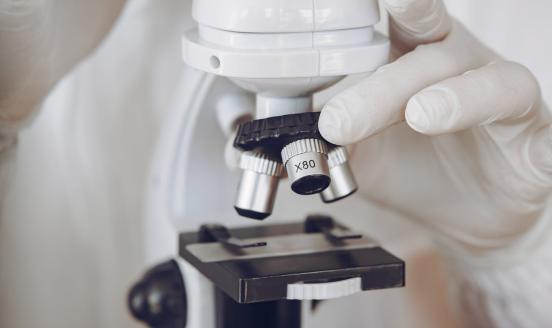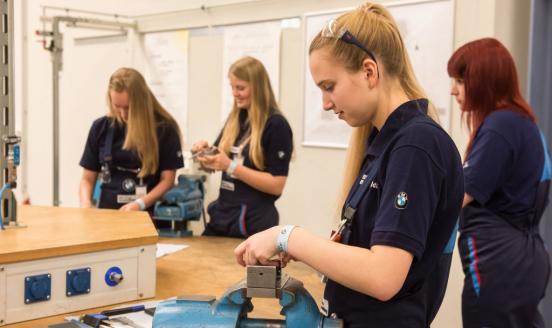Racing against COVID-19: a vaccines strategy for Europe
This Policy Contribution proposes a staged support scheme to tackle the COVID-19 vaccine challenge and a moon shot programme to meet the challenge of

The fast development of vaccines is an essential part of the long-term solution to COVID-19, but vaccine development has high costs and carries the risk of high failure rates.
There are currently too few promising projects in the clinical trial pipeline to guarantee at least one vaccine soon. More projects need to pass through the development pipeline in parallel. Vaccines should ultimately be widely available to all who need them at low cost.
Private life-sciences companies under-invest in vaccine development, especially when compulsory licensing and/or price regulations are imposed. Public funding is needed to reduce the risks of investing in vaccine development, and also to balance compulsory licensing and/or price regulations with incentives for private firms.
The public funding being put into identifying COVID-19 vaccines is too limited to carry enough projects through so that at least one vaccine, and preferably more, become available at large scale and low cost. Public budgets for these efforts need to be multiplied up several times over. We propose a staged support scheme to tackle the COVID-19 vaccine challenge and a moon shot programme to meet the challenge of future pandemics. We calculate the public budget needed to ensure supply of COVID-19 vaccines. Although substantial, the budget represents a bargain compared to the avoided health, social and economic costs.



